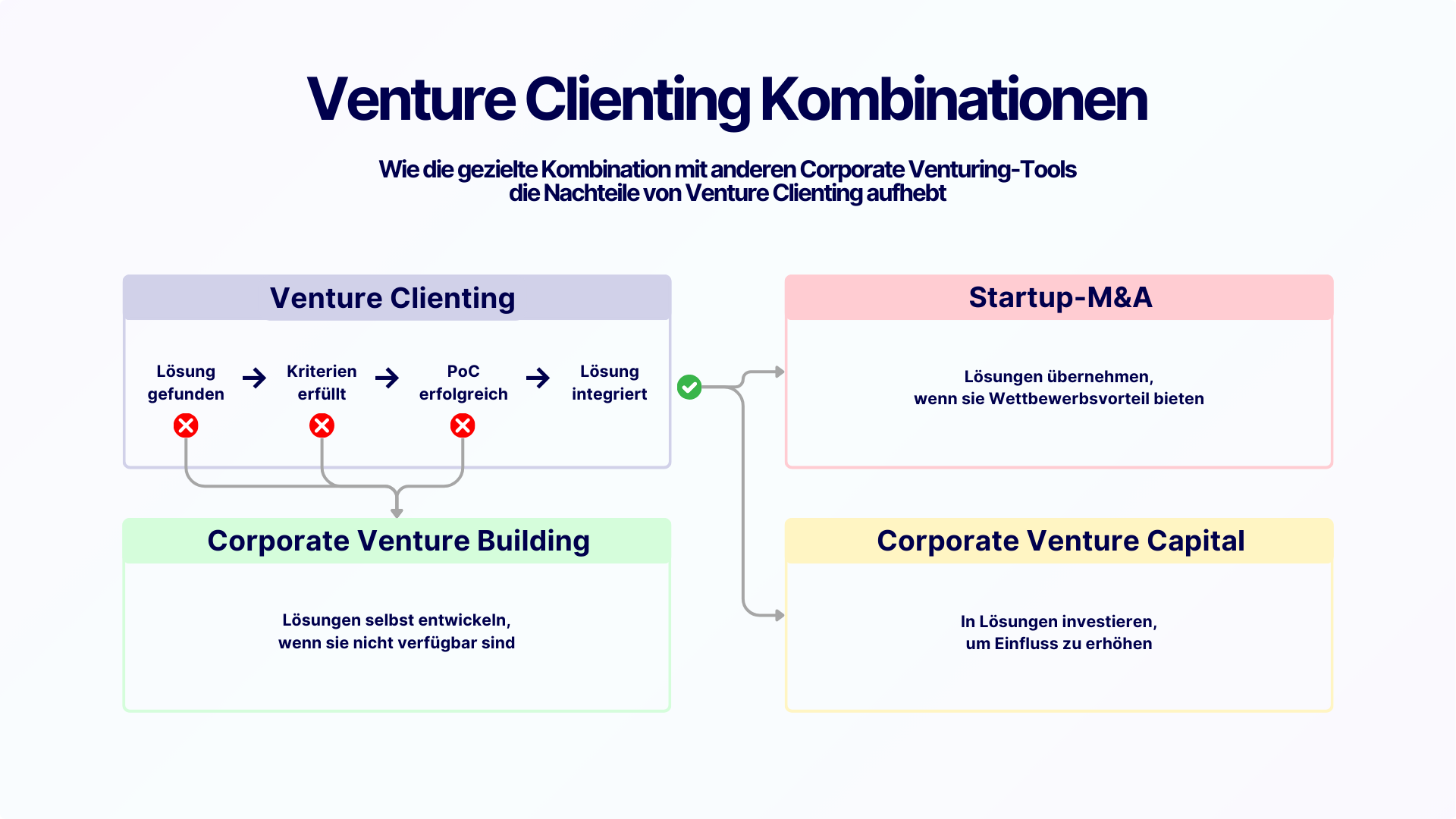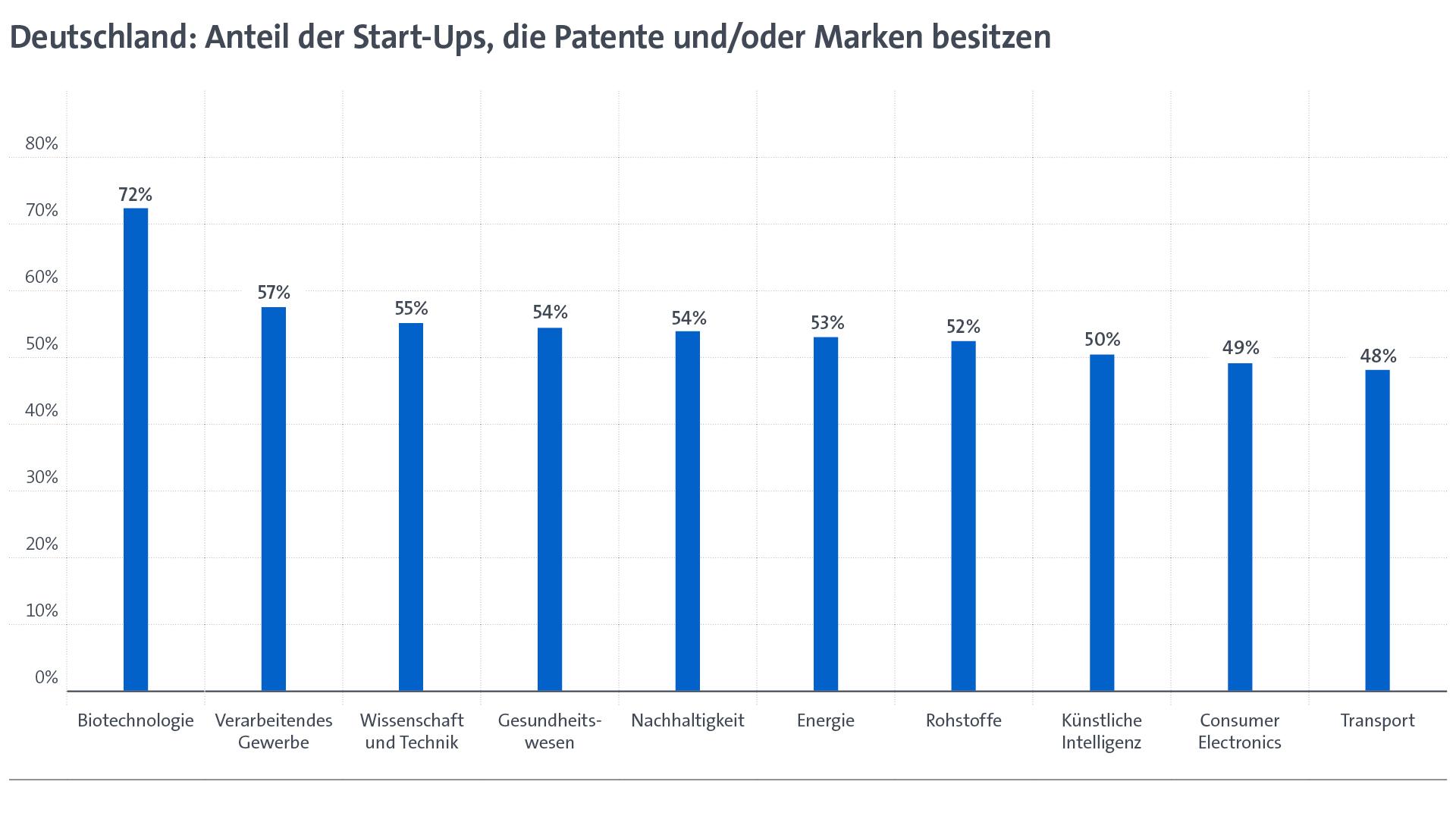Why educational leave is important for startups

In almost all federal states, employees are legally entitled to five days' paid leave for further training. For start-ups in particular, this can be an opportunity to attract talent and keep employees healthy.
From a yoga course to mindfulness training to a study trip: Although employees in almost all federal states can take five days of educational leave every year, very few do - although this would be particularly important in the start-up environment.
According to the latest figures - which are more than ten years old for most federal states - only between 0.3 and three percent of employees make use of their right to educational leave. This could be due to a lack of information about the legal entitlement on the part of employees as well as the benefits for employers. A look at the legal regulations and the advantages and disadvantages.
Who is entitled to educational leave?
Educational leave is a statutory entitlement for employees to five days of special leave for personal further training. The two-year entitlement can also be combined so that employees can take ten consecutive days of educational leave. Employees can choose the type of further training they wish to take, it does not have to have anything to do with their actual job. It is usually mindfulness training, yoga courses, language trips or political education courses. The company gives employees time off during the educational leave and continues to pay their wages. Only in Saxony and Bavaria is there no statutory entitlement to educational leave.
What are the benefits of educational leave for employees?
Educational leave is preventative work, argues founder Lara Körber at least. Together with Anian Schmitt and Sven Regenhardt, she launched "Bildungsurlauber" in 2020, a platform that employees can use to find and book certified educational leave. "Especially in the start-up culture, people can burn out quickly because they have a lot of responsibility and have to overcome challenges every day," she says. According to a DAK study, mental illness accounted for 19 percent of all days lost in 2021. The average duration of illness was 39.2 days. Even more people were affected by musculoskeletal disorders, such as back pain.
Due to the high level of absenteeism, it is particularly worthwhile for companies to invest in prevention - this is where educational leave comes into play. "Educational leave gives employees the opportunity to decide for themselves what they need." For example, a software developer with back problems can take a five-day yoga course and learn exercises to relieve the strain on his back in everyday life. A manager can take a mindfulness training course after working overtime before a launch and find out how she can create islands of relaxation even in stressful phases. However, educational leave can also prevent being overwhelmed by new tasks: for example, the new team leader can use her educational leave for leadership training.
What added value does educational leave bring for a start-up?
The respective federal states only certify courses as educational leave if they fulfill a certain number of hours and bring added professional value. "This added value can also be achieved in the medium term, for example through mental and physical health or social added value," explains Körber.
Educational leave also enables employees to spend five days intensively studying a topic of their choice. They can then incorporate the new ideas on topics such as sustainability or digitalization into brainstorming for the new product, for example. Employees can also share their experiences from the training leave with their colleagues. "If you have taken part in a seminar on non-violent communication, for example, you can then put what you have learned into practice in the team and create great added value for the start-up," says Körber.
How much does educational leave cost for start-ups and employees?
Companies give their employees paid leave for educational leave. All other costs are borne by the employees themselves. Although employees are absent from work for five to ten paid days, educational leave can also be an economic advantage. Especially at the beginning, start-ups often cannot afford company health management - for example, seminars on stress management organized by the company at its own expense. Paid leave can therefore be an inexpensive way of preventing health problems in the workplace. Many of the courses on physical and mental health are recognized by health insurance companies as prevention courses and are therefore eligible for funding. This also reduces the costs for employees.
When can founders reject an application for educational leave?
There are some special regulations that allow companies to reject applications for educational leave. These are regulated in the respective state laws. In Berlin, for example, companies only have to approve educational leave if they have twenty or more employees. In almost all federal states, the company can reject the application if employees are urgently needed for ongoing operations. For start-ups in particular, this could be a reason to rule out educational leave from the outset.
Should start-ups actively inform their employees about educational leave?
A recent survey of 1,000 employees by Forsa and the Haufe Akademie shows that 87% of respondents aged up to 35 consider professional development to be important. Advertising educational leave could therefore be an advantage that sets start-ups apart from the competition. "When it comes to employee benefits, companies always talk about the typical foosball table and fruit basket. How about this: We offer you the yoga mat instead of the mate?" suggests Körber. "This message to the outside world is a great opportunity for employer branding, especially for growing start-ups." In this way, start-ups could give potential applicants an insight into an appreciative corporate culture that does not neglect the needs of employees.
Conclusion
The right to educational leave is still very unknown among companies and employees. However, it is also worthwhile for start-ups to actively inform employees about this opportunity. Educational leave is an investment in the physical and mental health of employees, and the added value is felt in the medium to long term. It is initially cheaper than company health management. Further training is also becoming increasingly important for employees. Start-ups that advertise educational leave can therefore set themselves apart from their competitors.

Newsletter
Startups, stories and stats from the German startup ecosystem straight to your inbox. Subscribe with 2 clicks. Noice.
LinkedIn ConnectFYI: English edition available
Hello my friend, have you been stranded on the German edition of Startbase? At least your browser tells us, that you do not speak German - so maybe you would like to switch to the English edition instead?
FYI: Deutsche Edition verfügbar
Hallo mein Freund, du befindest dich auf der Englischen Edition der Startbase und laut deinem Browser sprichst du eigentlich auch Deutsch. Magst du die Sprache wechseln?


















